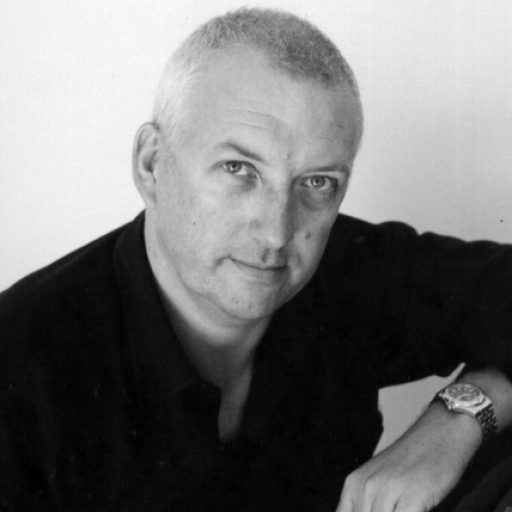Oliver Sacks: And you’ll find that even a few minutes of five finger exercises will make functional changes in the brain, so the brain’s response to music in physiological terms is almost immediate although obviously it would take months or whatever to have anatomical changes. But a year of Suzuki training will produce physical changes in the brain, and there have been studies looking at the brains before and after a year of training. And so whatever gifts a person has or doesn’t have, musical training seems to be very important, the more so if it’s early.
If music can so alter the brain, at least the musical parts of the brain, when people are young, one would wonder the role of music in education, and whether this enlargement and benefit can spread to other parts of the brain, whether it will facilitate reading, memory, concentration, focus, and there’s quite a lot of evidence that this is the case, and therefore strong arguments for including music in education. But I stress this is something beyond the so-called Mozart effect. A little Mozart under the pillow, a teaspoon of Mozart, while it’s very pleasant and it may introduce people to Mozart, in itself, that’s not enough. There needs to be real engagements with music and a lot of it.
